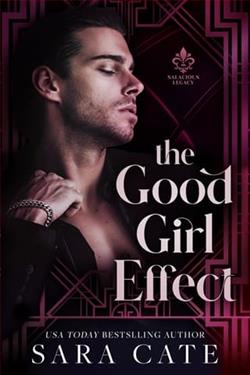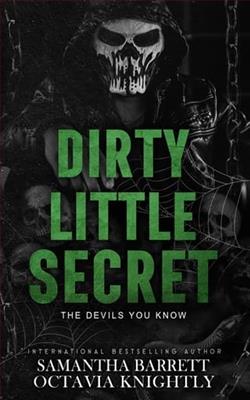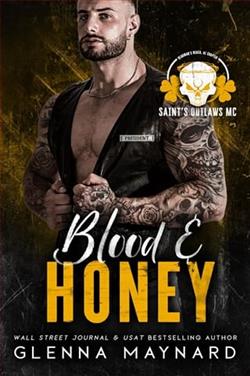Page 1 of Whispers of Ruin
Death was the first thing I ever learned.
Not the kind that came swiftly, with mercy. The kind I knew lingered, insidious. It seeped into the cracks of your soul, staining everything it touched, poisoning the air you breathed. It stole pieces of you, whispering in your ear as the last drops of blood trickled from a still-beating heart.
I was nine when I witnessed my first kill. The same night my soul abandoned my body, leaving behind nothing but a shell, hollowed out by something I was too young to name.
Lucian stood over the man, his shadow stretching long in the dim glow of the moonlight. His blade gleamed—serene, patient. He didn’t rush. He never did.
“This is how you survive, Xan.”
His voice was steady, like he was telling me something as simple as how to tie my shoes.
“You control them, or they will control you.”
The man beneath him gasped, a wet, strangled sound. His hands clawed at Lucian’s wrist, desperation blooming in his eyes as he choked on words he could not afford to say.
I should have flinched when the knife sank into his chest. Should have recoiled at the gurgling cry that ripped from his throat, at the way his body jerked before going still. But I did not.
Because I already knew.
Survival, in Lucian’s world, was not a right, it was earned. That lesson never left me. The Ruler of the Order made sure of it.
By the time I was sixteen, I had proven myself more times than I could count. The kills blurred together—faces, names, lives reduced to nothing but echoes of their final, desperate pleas. Begging. Bargaining. Praying to a God that never answered.
At last, they all ended the same way: at my feet, wheezing for that last sorrow only the divine could grant. I told myself it was necessary. That I was built for this. Lucian said as much, and I believed him—because I had no one else to put my trust in.
Now, at thirty-one, I am one of the best assassins the Order has ever produced. A clean record. No loose ends. The perfect weapon, controlled from afar—the prodigy. A ghost in the shadows, feared but never seen, designed for precision and efficiency. However, a weapon doesn’t ask questions. A weapon doesn’t dream of being something else.
Lucian Voss was never really a father to me. He was never even a mentor, not in the way most would define the word. No, he was a sculptor, and I was just the clay—an orphaned child, molded by his hands into something lethal.
Saving me wasn’t his goal. Compassion never factored into it. Lucian is a calculated man, always two steps ahead, and I was nothing but another instrument in his collection.
I learned quickly that by his side, there was no room for weakness. No space for indecision. And absolutely no tolerance for defiance. His rules were law. His expectations, absolute.
I was the perfect student. Silent. Obedient. Ruthless. I mastered every skill he demanded of me—combat, strategy, deception, manipulation. I executed every order without question. Never hesitated. Never faltered. I was his greatest creation.
I told myself that it was enough, because I did not know what it meant to want more. What it meant to live outside of blood and orders, outside of survival and duty.
A normal life? A family?
That was a foreign concept, a language I had never learned to speak. There were no moments of warmth, no fatherly advice. Only the mission. Only the kills.
I never asked for more. But deep down, in the darkest part of me—the part I refused to acknowledge—I think I might have wanted it. A different life. A different outcome. But you do not get to choose your fate in this world.
Inhisworld.
The city hums beneath me.
I can smell the faint whiff of street food—hot dogs and roasted nuts—rising from a corner below. The air feels heavy, as if it has been holding its breath all day, thick with the humidity of a late summer evening.
It clings to the skin, sticky, like a promise that the night won’t come easy. The temperature is dropping, still I cannot quite escape the heaviness of the moment. Not yet.
I adjust my position on the rooftop, balancing on the edge of a rusted ventilation duct. My eyes stay on her—the view, somehow, feels foreign.
There she is.
She stands inside the gallery, her fingers trailing the margins of a painting as though it might shatter under her touch. A small, cozy venue tucked between two overpriced cafes in this neighborhood. I can see the soft glow of the lights inside, reflecting off her smooth skin, and the faint outline of her curvaceous body as she steps back, studying the canvas.
It is almost picturesque, this tiny, insignificant life she leads.















